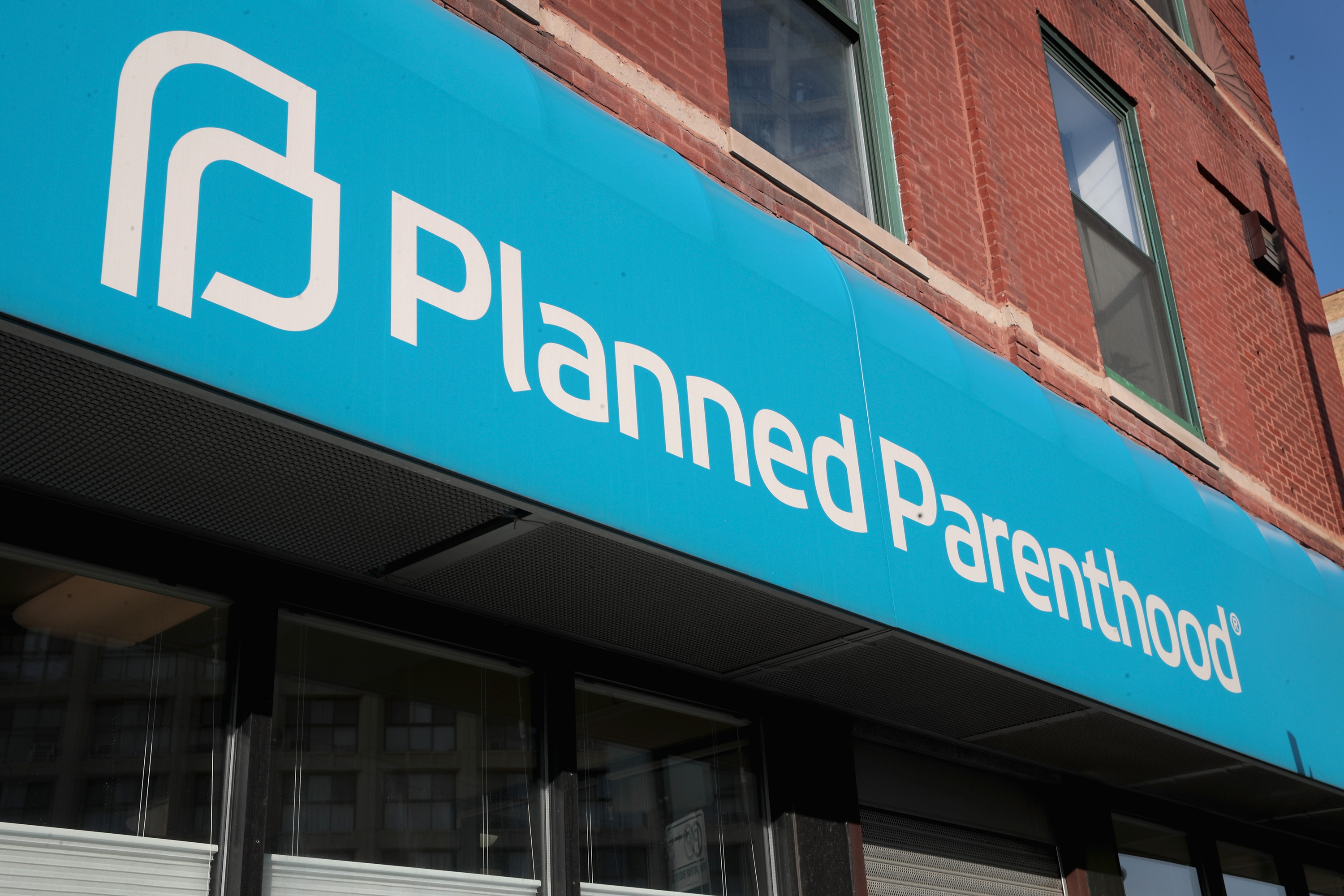Editor’s Note: Selenis Leyva is an actor on Orange Is the New Black. In this essay, she discusses how a visit to Planned Parenthood during her college years showed her that reproductive health care should not come with humiliation and embarrassment.
Until I walked through the doors of the Planned Parenthood on Bleecker Street as a college student, I thought women’s health care just came with a side of shame. I didn’t know I deserved better.
That’s because my first and only experience with reproductive health care – years before – had been dehumanizing and humiliating.
When I was 15 years old and living in the Bronx, I went to a doctor for pain in my side – which later I realized was just ovulation. The doctor insisted on giving me a pregnancy test. I told him that I was not sexually active and never had been, so pregnancy was not a possibility. He looked at me and said, “Yeah right, a Latina living in the Bronx? Fifteen and still a virgin?” He had me pee in a cup and took blood. When he told me what I already knew – that I was not pregnant – he sent me on my way. He didn’t explain what could be causing my pain, and he didn’t discuss reproductive health at all.
When I was in college, I saw a poster for Planned Parenthood and decided to try it. I was terrified. I was going for basic health care – birth control and a Pap test – but I felt like I needed to put on armor before I walked in the door.
What I found at Planned Parenthood was excellent care. No judgement. No shame.
I kept going to Planned Parenthood for years and I always felt safe and comfortable there.
The staff was warm and friendly. The clinician I saw took time to explain all the different types of birth control and help me figure out which one was best for me. I kept going to Planned Parenthood for years and I always felt safe and comfortable there.
They didn’t just give me an exam and birth control – they showed me that I didn’t have to be scared of getting the care I needed.
Reproductive health should not be scary. No one, no matter where they come from or how much money they make, should have to fear judgement while they are taking care of their health. We need to stop acting like sexual and reproductive health care are taboo. There is no shame in having a body and taking care of it. There’s no shame in using birth control, getting tested for STIs, or having an abortion. All these things are common, basic health care.
Yet, for far too many women, especially women of color, there are already so many barriers to just getting into an exam room. Because of the long history of racism in this country, women of color experience income inequality – we are less likely to have to health insurance, more likely to use Medicaid for health coverage, and less likely to have access to birth control. One-fifth of Latinas live in poverty, and research shows 57 percent of Latinas ages 18 to 34 have struggled to afford birth control.

When we jump those hurdles – and we do jump them – we should not have to also overcome prejudice in the doctor’s office.
It starts with talking about it. One in five women in this country have been to Planned Parenthood for care. Imagine if we were all open and honest about the need for all that Planned Parenthood provides.
I wish my 15-year-old self had found Planned Parenthood. Because I had access to care, I was able to take care of myself and pursue my goals. I was able to build a career and a family when I was ready. Today I have a daughter, and I want those same things for her.
I want every 15 year-old Latina from the Bronx to feel safe to ask questions about their bodies and get honest information. I want them to know they are powerful and valuable and in charge of their own bodies, and I want them to have access to a health care provider that knows it, too. That’s why Planned Parenthood is important. Because Planned Parenthood is health care, and health care is a human right.







